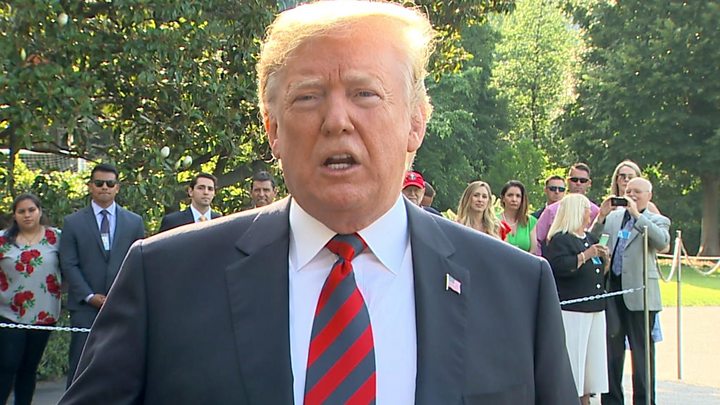
Divisions between Donald Trump and the other leaders of the G7 nations have been laid bare at a summit in Canada.
The US leader made a surprise call for Russia to be readmitted to the group of top industrialised nations after its expulsion for annexing Crimea.
But German Chancellor Angela Merkel said the EU members attending the summit all agreed it should not happen.
Frictions over trade tariffs recently imposed by the Trump administration are overshadowing the summit.
Canada called Mr Trump's trade tariffs "illegal" while European Council President Donald Tusk warned that Mr Trump's stance on trade, climate change and Iran constituted a real danger.
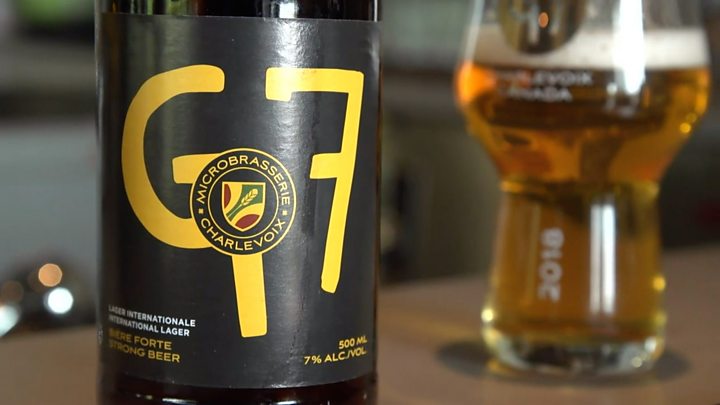
"What worries me most however is the fact that the rules-based international order is being challenged, quite surprisingly not by the usual suspects but by its main architect and guarantor: the US," he said.
However, after meeting Mr Trump, French President Emmanuel Macron said "things were moving forward" and it was still possible to make progress on trade. He did not elaborate.
After rumours there would be no joint closing statement because of the divisions, President Trump told reporters he believed there would be one after all.
What is the G7?
It is an annual summit bringing together Canada, the US, the UK, France, Italy, Japan and Germany, which represent more than 60% of global net worth between them.
Economics tops the agenda, although the meetings now always branch off to cover major global issues.
This time they are meeting in the town of La Malbaie in Quebec.
What was said about Russia?
Mr Trump said: "You know, whether you like it or not - and it may not be politically correct - but we have a world to run and in the G7, which used to be the G8, they threw Russia out. They should let Russia come back in."
Initially, he found support in the shape of the newly installed Italian Prime Minister Giuseppe Conte, who tweeted that it was "in the interests of everyone" for Russia to be readmitted.
But later Germany's Angela Merkel said all the EU members there, including Mr Conte, had agreed that Russia could not be readmitted unless there was "progress" on Ukraine. Canada too says it remains opposed.
A Kremlin spokesperson meanwhile said they were interested in "other formats", apart from the G7.
Russian President Vladimir Putin is currently in Beijing, where he was presented with a friendship medal by Chinese counterpart Xi Jinping.
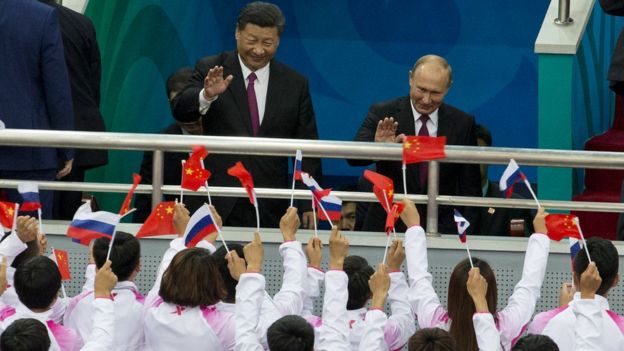 GETTY IMAGES
GETTY IMAGES
Fellow members of what was then the G8 suspended Russia after it took control of Crimea from Ukraine. Tensions remain, in part over the poisoning of a former Russian spy in the UK.

Trump arrives with a bang
By the BBC's diplomatic correspondent, James Robbins
Relations between Donald Trump and America's leading allies were already at a new low over trade tariffs before the president casually dropped his Russia hand-grenade.
Most G7 leaders think the decision to expel Russia in 2014 was right then, and remains right today. Even Russia itself seems lukewarm about rejoining.
In many ways, this seems to be a deliberate Donald Trump tactic, to distract attention from his war of words with the rest of the G7 over trade and protectionism.
President Trump dislikes the whole idea of the G7: a club of nations which traditionally comes together around shared values rooted in a world order based on agreed rules. Last to arrive, he'll also be first to leave.

How do other G7 members see trade?
Mr Trump's imposition of tariffs on steel and aluminium imports has sparked anger, with even US allies falling subject to them. The move has brought fears of a trade war.
Canadian Foreign Minister Chrystia Freeland called the tariffs "illegal and absolutely unjustified".
Mr Trump said on Friday that the US and Canada were working on cutting tariffs "and making it all very fair for both countries".
"We've made a lot progress today," he said, adding that the relationship between the two countries "is probably better than ever".
UK Prime Minister Theresa May has said she wants the EU to act with restraint and proportion in retaliating to the US tariffs.
Unlike Mr Macron and Mr Trudeau, she will not be having a bilateral meeting with Mr Trump but insisted on Friday it was not a snub.
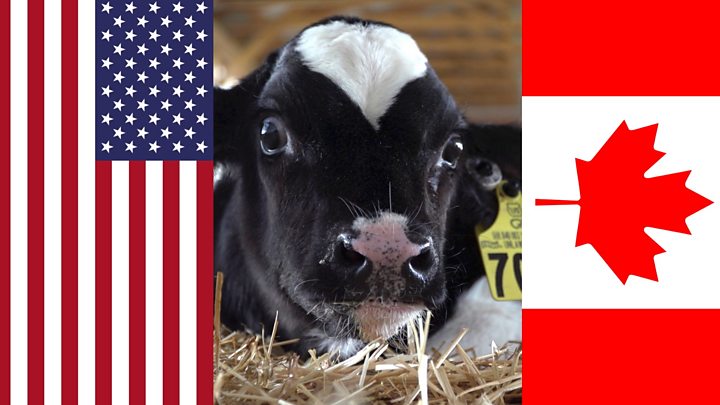
What else can we expect in Quebec?
Mr Trump is leaving early to head to Singapore for his landmark summit with North Korean leader Kim Jong-un, meaning he will miss some of the topics advanced by Mr Trudeau.
The five themes for this year's summit are:
- Inclusive economic growth
- Gender equality and women's empowerment
- World peace and security
- Jobs of the future
- Climate change and oceans
According to the leaders' programme, Mr Trump will be around for the economic and security issues being discussed on Friday but will miss climate change, the environment and probably gender equality on Saturday.
The US president was very much the odd man out on climate change during the G7 in Italy last year, later announcing his intention to withdraw from the landmark Paris agreement.
Iran is also a big sticking point. Mr Trump recently ditched the 2015 agreement with Tehran that aimed to curb its nuclear programme. This angered the other signatories who have since sought to shore it up.
Previous G7 meetings have seen huge protests, and about 8,000 soldiers and police officers are expected to be on hand during the Quebec event.
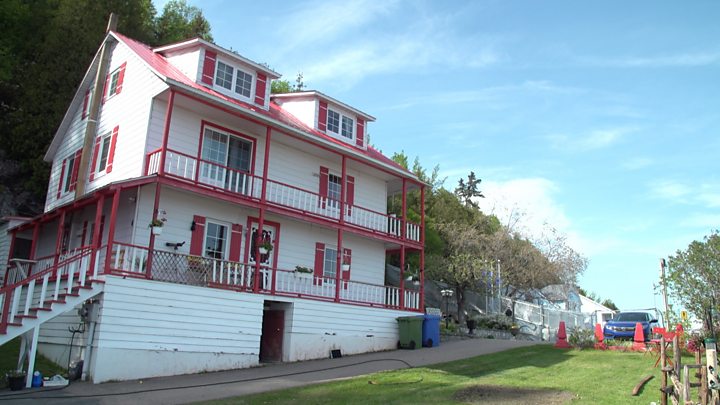
US & Canada
Chef Anthony Bourdain found dead at 61
- 8 June 2018
- US & Canada
Why US suicide rate is on the rise
- 8 June 2018
- US & Canada
China hacked US Navy contractor - reports
- 9 June 2018
- US & Canada

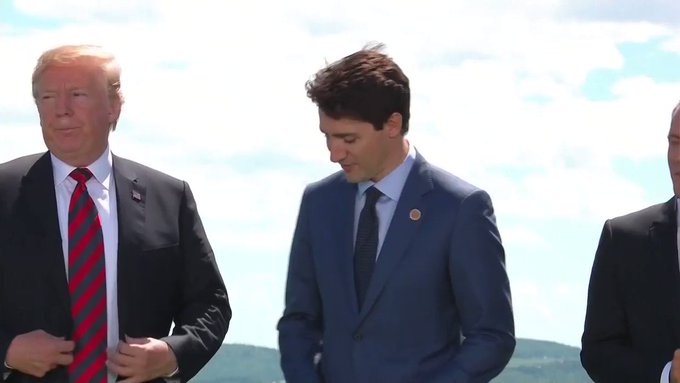
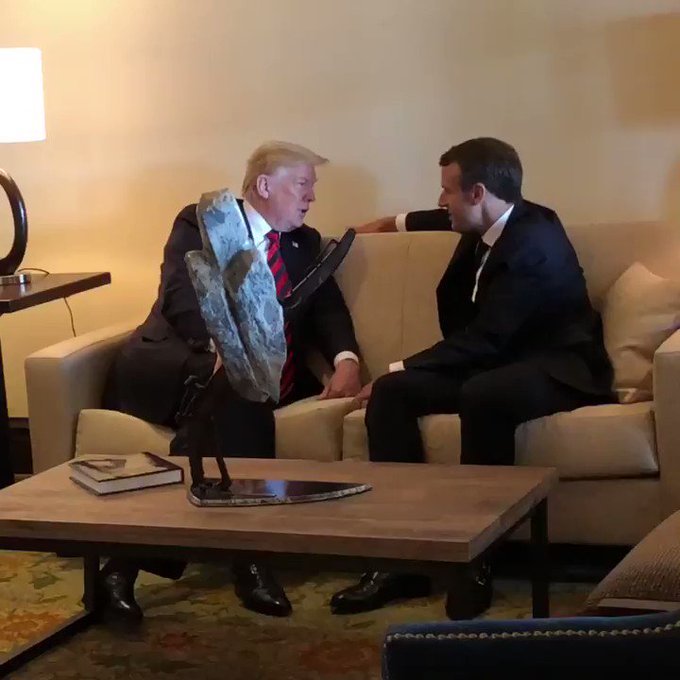
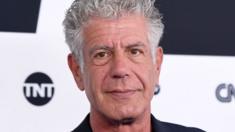
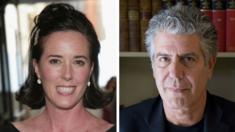
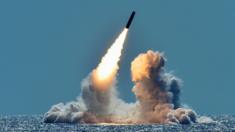
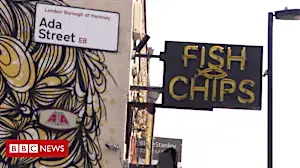
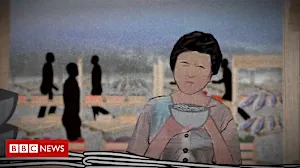
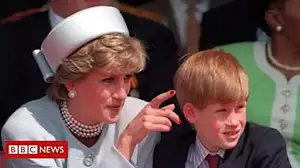
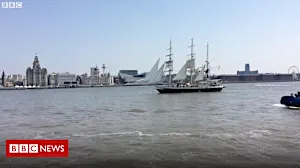
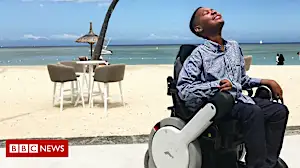

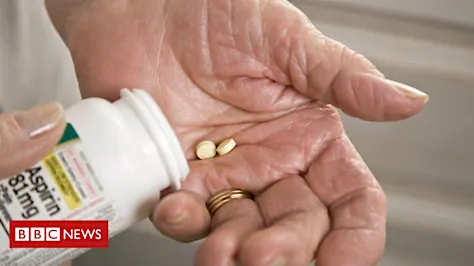
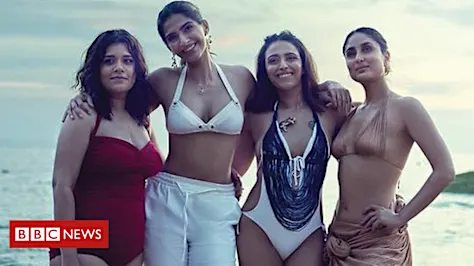

No comments:
Post a Comment